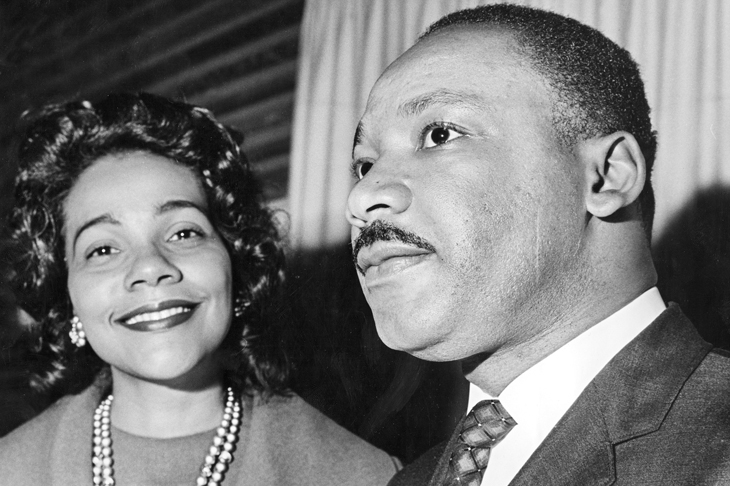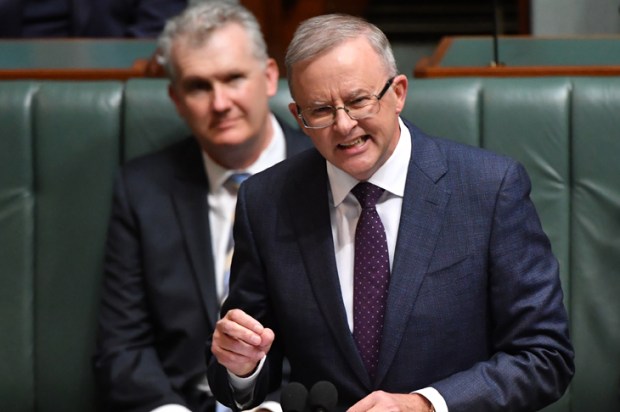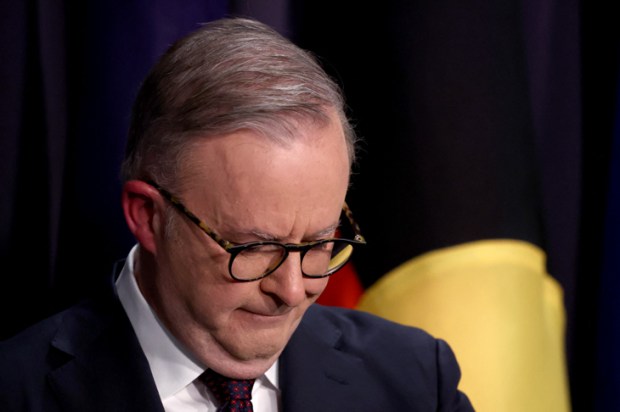Is there a linguistic solution to the misuse of the word ‘racism’? Under so-called Critical Race Theory almost everything is racist. And if you can’t see that, you are suffering from unconscious racism because you are part of a systemically racist society. In fact, your real problem is probably that you’re white! One of the main authors of the New York Times’ 1619 Project Nikole Hannah-Jones has written in a letter to a newspaper: ‘The white race is the biggest murderer, rapist, pillager and thief of the modern world’. Clearly Critical Race Theory means being critical of white people not racism.
So, is there a linguistic counter-move? What if we stopped using the word ‘racist’ and couched what we say entirely in terms of ‘anti-racism’? It’s a valid term recorded from 1938. The Oxford English Dictionary defines it simply as ‘opposing racism’ but we can be more specific. We propose defining ‘anti-racism’ as meaning ‘treating each individual on the content of their character not the colour of their skin’ – or, in brief, ‘character not colour’. You’ve recognised the quote from Martin Luther King Jr’s famous ‘I Have a Dream’ speech. And on the ‘character not colour’ test Hannah-Jones is clearly an opponent of anti-racism. So perhaps it’s time to make anti-racism the verbal rallying cry?
The word ‘independent’ has been part of the English language since 1612. So how can anyone be confused about its meaning 419 years later? But some are. The most muddled are those calling for an ‘independent’ inquiry into an historic rape allegation against Attorney-General Christian Porter. They know, as we all know, that NSW police began an investigation—not an easy task I would have thought, thirty years later and in the absence of either corroborating or refuting eyewitnesses. After doing their investigation, and being asked by the alleged victim (shortly before her suicide) not to proceed, the police said that was the end of the matter. The NSW Police Commissioner said the allegation ‘probably’ would not have made it to court even if the alleged victim was still alive. The linguistic question has to be: in what sense is the NSW police not ‘independent’? In South Australia there may be a coronial inquiry into the woman’s death. In what sense is the South Australian coroner not ‘independent’? The combined expression ‘independent inquiry’ is recorded from around 1900 and means an inquiry ‘unaffected by others’ (OED). When the Greens, the Labor party and sections of the media demand an ‘independent inquiry’ what allegations are they making about the NSW police or the SA coroner? Or are they just hoping, once again, that no one will notice their slippery use of language?
Got something to add? Join the discussion and comment below.
Get 10 issues for just $10
Subscribe to The Spectator Australia today for the next 10 magazine issues, plus full online access, for just $10.
Contact Kel at ozwords.com.au
You might disagree with half of it, but you’ll enjoy reading all of it. Try your first month for free, then just $2 a week for the remainder of your first year.














Comments
Don't miss out
Join the conversation with other Spectator Australia readers. Subscribe to leave a comment.
SUBSCRIBEAlready a subscriber? Log in